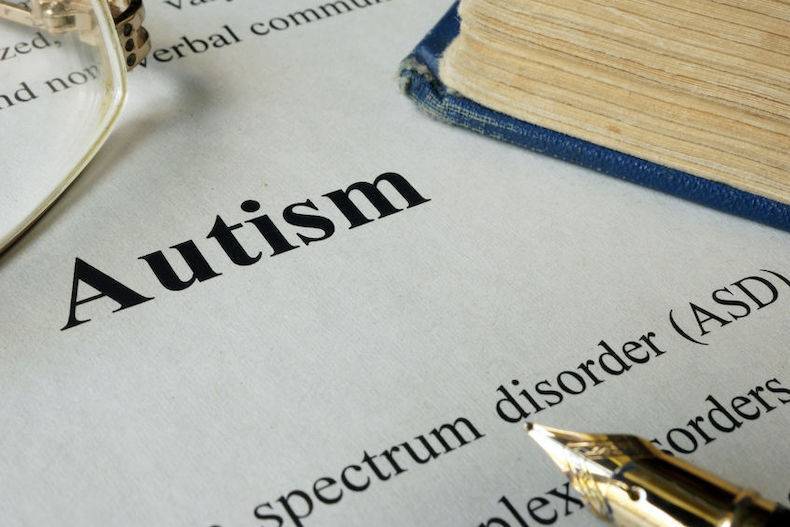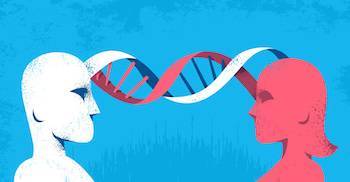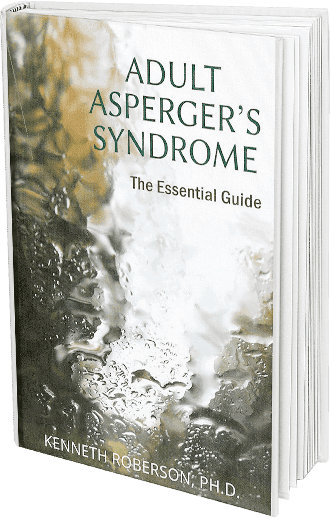
Research is clear that autism does not have one single cause. Instead, many factors contribute to someone being at risk for autism. Here is what you need to know about the factors that increase the susceptibility of autism in adults.
First, autism is a neurodevelopmental condition, meaning it is present early in one’s development and causes impairments in personal, social, and academic functioning. This means that adults do not develop autism without it having been present in their childhood. There is no evidence of adult-onset autism.
When we describe risk factors for autism spectrum disorder (ASD) in adults, we are talking about conditions that play a role in adults developing autism earlier in their life.
Family History
Autism tends to run in families. Parents who have a child with ASD have an 18 percent chance of having a second child with autism. Among identical twins, if one child has autism, about 36 to 95 percent of the time, the other twin will also have autism. In non-identical twins, if one child has ASD, then about 31 percent of the time, the other twin will also develop ASD.
Parents’ Age
Autism is higher among children born to fathers who are 50 years or older. Women in their forties are slightly more likely to have a child with ASD. Surprisingly, women in their teens are also somewhat at risk. Parents who have a gap in age between them of 10 years or more are also slightly susceptible to having a child with ASD.
Being Male
In 2020, the CDC reported that approximately 1 in 54 children in the U.S. is diagnosed with ASD. Of these, boys are four times as likely to be diagnosed with ASD than girls.
Being White from a Major Metropolitan Area
In 2015, the CDC issued a study indicating a higher level of autism among Caucasians who live in major metropolitan areas. The reason for this is unclear, as the study looked at correlations and gave no indication of causality.
Birth Difficulties
Some studies show increased risk for ASD in premature children, those born with lower than average birth weight, breech deliveries, and babies born with congenital disabilities.
Chemicals
Pregnant women exposed to certain chemicals, including pesticides, or who take certain medications before giving birth may be more likely to have a child with ASD. Phthalates, an endocrine-disrupting chemical, and toxic air pollutants, have been identified as potential risk factors in autism.
Vaccines
For some time, there has been a widespread myth that vaccines cause ASD. Two particular aspects of vaccines figure most prominently in this claim, the preservative thimerosal that prevents germs from growing in vaccines and the MMR vaccine that protects against measles, mumps, and rubella.
No evidence of any kind exists to support the claim that vaccines cause or contribute to autism. Many studies have dispelled this myth.
Conclusion
The above list of influences appears to increase the risk that someone will develop autism. However, keep in mind that increased risk is not the same as a cause. For example, not everyone exposed to environmental risk factors will develop this condition.
The fact is, we don’t know what exactly causes autism or even if there is one cause. Only time will tell if science uncovers the mystery behind Autism Spectrum Disorder.
Dr. Kenneth Roberson is an Adult Autism Spectrum psychologist in San Francisco with over 30 years of experience. To ask a question or schedule an appointment, please call 415-922-1122.




